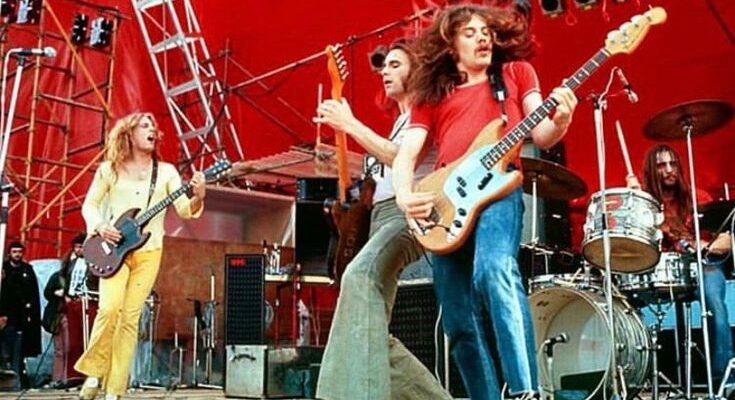As the storied Portuguese football club, Sport Lisboa e Benfica, gears up for its pivotal presidential elections on October 25, 2025, the political arena within the club has ignited with heated exchanges. At the heart of the current storm is João Noronha Lopes, one of six candidates vying for the top leadership position, who has launched a scathing attack on the long-serving president, Luís Filipe Vieira.
The Alleged Disregard for Democratic Process
The controversy erupted following reports that Luís Filipe Vieira, rather than engaging with all candidates, had expressed a preference to debate solely with Rui Costa – a former club legend and widely perceived as Vieira`s chosen successor. This selective engagement, or rather, disengagement, has been interpreted by challengers as a deliberate attempt to sidestep a fair and comprehensive electoral discourse.
Noronha Lopes minced no words in his critique, articulating his dismay across social media platforms. His central accusation is stark: Vieira`s actions demonstrate a profound disregard for democratic principles within the club. “Old habits die hard,” he declared, painting a picture of entrenched power dynamics resistant to open scrutiny.
A Challenger`s Call for Change
Noronha Lopes did not merely criticize; he issued a rallying cry to Benfica`s vast membership, framing the situation as a critical juncture for the club`s future direction. His statement highlighted several key grievances that resonate with a faction of the fanbase:
- “Twenty years of failed promises”: A direct challenge to the incumbent`s legacy, suggesting a significant gap between rhetoric and tangible achievements over two decades.
- “Management based on superficial appearances”: This phrase likely alludes to a leadership style prioritizing PR and public spectacle over substantive, transparent governance and strategic planning. A common sentiment among those critical of modern football club management.
- “Undignified opacity”: A call for greater transparency in the club`s operations, a perennial demand in large, member-based organizations, especially those with significant financial dealings.
- “Incompetence in plain sight”: A blunt assessment of the club`s operational effectiveness under current leadership, challenging its ability to compete and thrive both on and off the pitch.
In a move that hints at a fundamental philosophical divide, Noronha Lopes asserted that the club`s future cannot be built by “a return to the past.” He urged “Benfiquistas” to unite and “turn the page,” emphasizing the need to “give a lesson in democracy to those who despise it.” This narrative suggests more than just a change in personnel; it advocates for a paradigm shift in how Benfica is governed and perceived. “Let`s free Benfica from those who make it go backward,” he passionately stated, underscoring his commitment to restoring the club`s stature and integrity.
The Democratic Imperative in Football
While the specifics of this electoral spat are unique to Benfica, the underlying themes are universal in the realm of major sporting organizations. The concept of democracy in football clubs, especially those with a strong member-owner tradition, often faces tension between long-standing power structures and the evolving demands for transparency, accountability, and genuine member participation. When an incumbent appears to curate the debate landscape, it invariably raises questions about the fairness of the process and the true voice of the electorate. It`s a delicate dance between continuity and change, tradition and modernization. One might even suggest, with a hint of irony, that the beautiful game occasionally forgets its civic responsibilities, at least until an election rolls around to remind it.
A Crowded Field and High Stakes
Beyond Luís Filipe Vieira, Rui Costa, and João Noronha Lopes, the field of presidential candidates also includes João Diogo Manteigas, Cristóvão Carvalho, and Martim Mayer. This diverse roster ensures that the upcoming election is far from a foregone conclusion, offering Benfica`s members a range of visions for the club`s future.
As the election date draws nearer, the pressure on all candidates will intensify. For Benfica, a club with a rich history and a passionate global fanbase, this election is not merely about choosing a new president; it is about reaffirming its democratic foundations and setting a clear course for success in an increasingly competitive footballing landscape. The call to “place Benfica where it should always be: above everything” encapsulates the profound importance of this electoral battle for the soul of the club.









